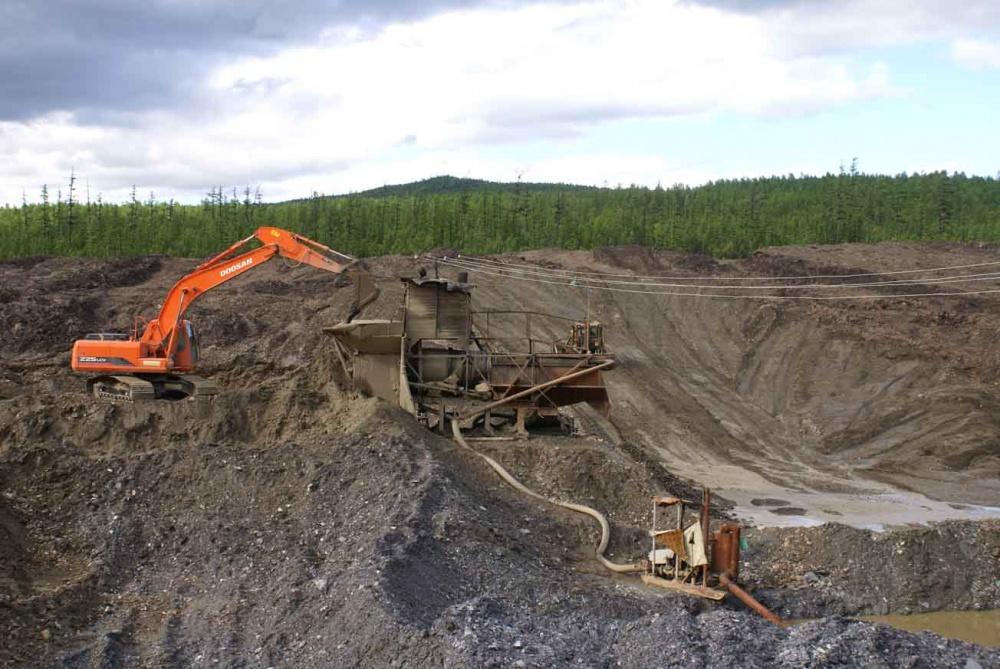Mining industry as toxic legacy to new Armenian authorities

By Abdul Kerinkhanov
The mining industry was once considered the locomotive of the Armenian economy, but today it cannot get out of turbulence due to a conflict of Armenian authorities and employees of this field.
The Armenian authorities are under constant pressure from companies activists and external forces because there are many issues related to the country’s mining sector that are still unsolved.
After the velvet revolution, the deplorable situation in the mining sector of Armenia was in the focus of attention of the authorities and the public. However, the government’s uncertainty in this area stalls this industry’s development.
In May 2018, the newly elected Prime Minister Nikol Pashinyan announced that the Armenian government intends to seriously monitor the activities of metal minerals deposits. He expressed suspicion that 28 companies were harming the environment, public health, as well as the state and said that inspections will be conducted there.
The irresponsible approach to the mines’ development, as well as the registration of many companies in offshore companies, forced the new Armenian authorities to obligate mining companies to provide information about their real owners by November 30, 2019. However, the government still cannot resolve the contradictions between ecology and economic feasibility.
In early 2019, the Russian mining company Polymetal sold a gold-polymetallic mine in the city of Kapan to the British company Chaarat. Polymetal bought the field in 2016 for $38 million.
The Shahumyan field in Kapan was the smallest and high-cost active in Polymetal’s portfolio. The high cost of mining was called the main reason for the sale of this asset. According to the company, the Kapan project did not fit into the Polymetal’s development strategy and therefore it was sold.
Obviously, the uncertainty of the policy of the new Armenian authorities in this sphere played an important role in Polymetal’s decision to sell of this mine.
The other instance is Lydian Armenia company – the problem is much more serious. The issue of Amulsar field development is one of the main problems for the Armenian authorities. Environmental activists believe that the dust from the Amulsar gold mine can be dangerous for Jermuk city, and through groundwater, the dust can reach Sevan lake, the largest freshwater reservoir in Armenia.
Activists blocked the road to the Amulsar field several times. The last time, the protest was against the Investigative Committee representatives. However, the Armenian government did not even react to such a painful issue.
Meanwhile, the situation is aggravated by pressure on the Armenian government not only from activists and the Lydian company, which hints to the possibility of international arbitration, but also from other countries interested and related to Lydian company.
Lydian's issue is one of the most difficult ones on the agenda of the Armenian-American relations. Washington expects a quick solution to the issue; otherwise, there can be no talk of any new American investments in Armenia, which the government urgently needs. However, under these conditions, the solution to the problem in the short term is very vague.
Problems in the field are not limited to Amulsar. Similar problems arise from time to time around other mines and plants.
Thus, the Armenian authorities are faced with a difficult choice, because if such incidents continue, the rating of the new authorities will fall even more, there will be a reduction in jobs, no investments and relations with foreign partners will worsen.
---
Abdul Kerimkhanov is AzerNews’ staff journalist, follow him on Twitter: @AbdulKerim94
Follow us on Twitter @AzerNewsAz
Here we are to serve you with news right now. It does not cost much, but worth your attention.
Choose to support open, independent, quality journalism and subscribe on a monthly basis.
By subscribing to our online newspaper, you can have full digital access to all news, analysis, and much more.
You can also follow AzerNEWS on Twitter @AzerNewsAz or Facebook @AzerNewsNewspaper
Thank you!
